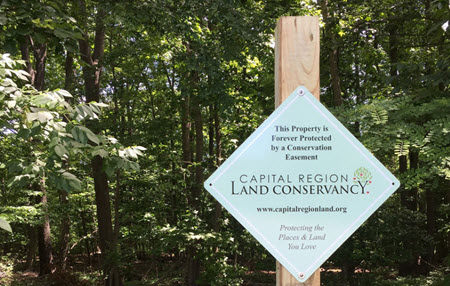
Congress this month will consider a $47 billion emergency funding request from the White House as part of a “continuing resolution” (CR) spending bill that would avoid a partial government shutdown starting Oct. 1. (Roll Call, Sept. 6, White House request, Sept. 2)
Legislative Timing
The IRA & CRE

Clean Energy Spending

Roundtable members will meet in Washington, DC on Sept. 20-21 to discuss the IRA’s impact on CRE, the outlook for the midterm elections, and other topics, such as the Federal Reserve’s concurrent meeting on monetary policy.
# # #
The Real Estate Roundtable submitted comments today to the North American Securities Administrators Association (NASAA) in opposition to proposed rules that would place new restrictions on the market for public non-listed REITs. (Roundtable comment letter and Roundtable Weekly, July 29)
CRE Impact Concerns
NASAA’s Proposed Changes

Roundtable Response

The Roundtable’s letter concludes by urging NASAA to withdraw their proposal and engage industry participants to craft regulations that will help ensure NASAA’s goals without stifling investment in commercial real estate—nor limit investors’ ability to diversify their portfolios.
# # #

Senate Finance Committee Chairman Ron Wyden (D-OR) and Ranking Member Mike Crapo (R-ID) released legislative text yesterday with new restrictions on conservation easements as a revenue offset for their new retirement savings bill.
Easement Restrictions
What’s Next

Conservation easement changes, retirement-related legislation, expiring tax provisions, and potentially other tax proposals could gain momentum during the “lame duck” legislative session following the November mid-term elections.
# # #

The National Counterterrorism Center (NCTC) on Sept 28 will preview its new aCTknowledge platform, designed to deliver timely situational awareness notifications covering terrorist events that may impact local communities.
How to Participate
Roundtable Efforts
See The Roundtable’s 2022 Annual Report’s Homeland Security section.
# # #